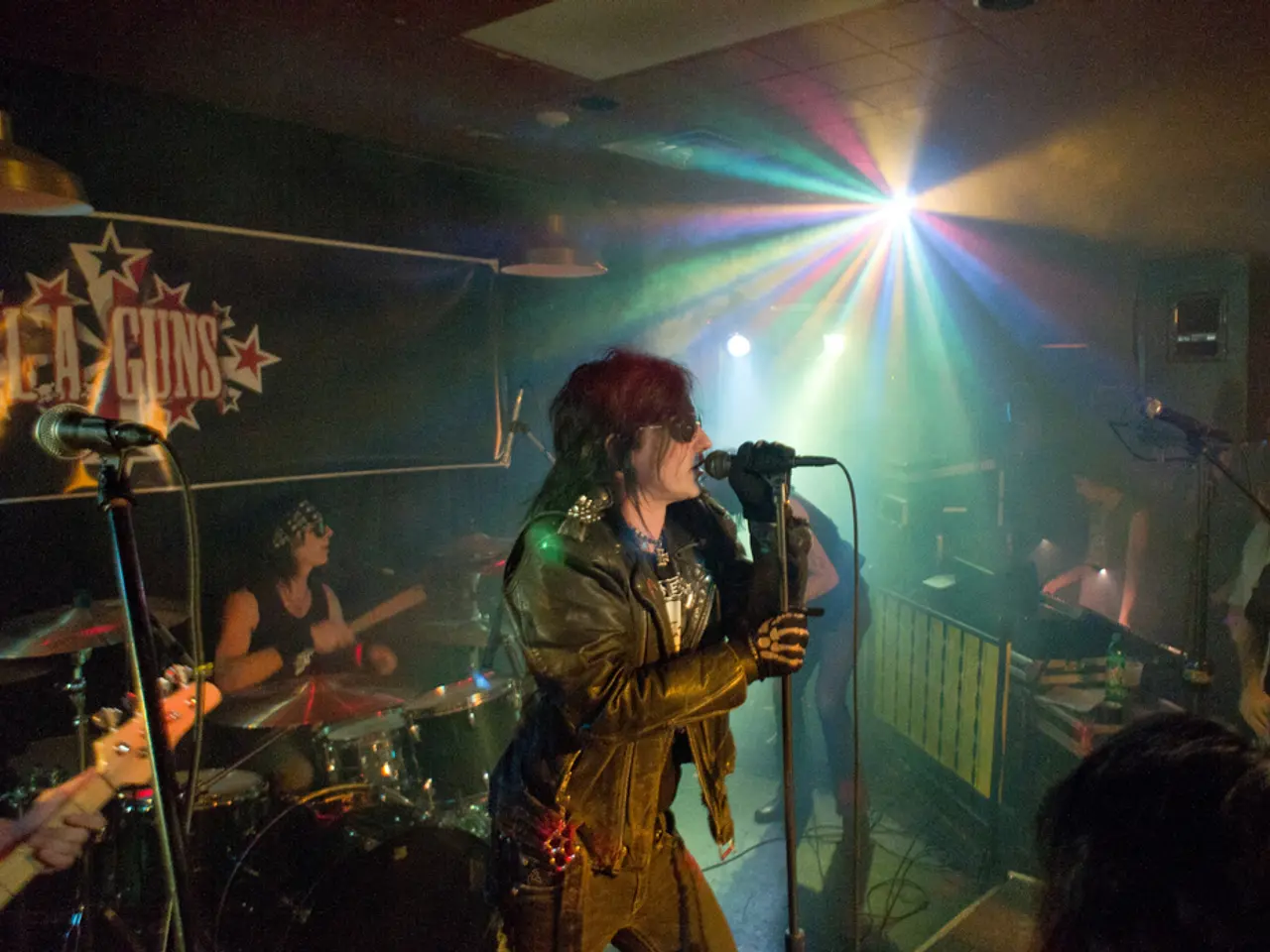"Dortmund's Lieferando drivers are protesting by going on strike due to financial difficulties"
Lieferando Strike in Dortmund Highlights Labor Concerns
Delivery workers and drivers in Dortmund, Germany, are currently on strike, demanding fair working conditions and a binding tariff agreement with their employer, Lieferando. The three-day strike, which began on Tuesday, August 5th, is part of a broader movement led by the Nahrung-Genuss-Gaststätten (NGG) union, who are calling for improvements in the sector.
The main issues at the heart of the strike are Lieferando's plans to cut around 2,000 full-time jobs in Germany by the end of the year and the company's strategy to outsource deliveries to third-party subcontractors, often referred to as the "shadow fleet." The union argues that this practice leads to worse working conditions and circumvents labor protections by rehiring former employees under poorer terms.
The NGG is also demanding that Lieferando commence tariff negotiations with its parent company, Just Eat Takeaway. Despite pressure from the union for over two years, the company has allegedly refused these talks. Another concern for the workers is the removal of bonus payments for many delivery workers, which affects their total income.
The strike, which includes demonstrations and a concluding rally in Dortmund, is aimed at pressuring Lieferando to return to the negotiation table, halt outsourcing measures, protect jobs and working conditions, and reinstate bonus structures for couriers where possible. The union estimates that around 50 participants joined the strike at its start, but it's unclear how many of them will participate in the coming shifts.
The impact of the strike is being felt in Dortmund, with disrupted food delivery operations affecting customer service and business continuity. The strike has also garnered heightened public attention and union mobilization across Germany, with similar strikes spreading to other cities such as Hamburg.
Lieferando disputes some union claims, stating that it does not release employee contact details to subcontractors and that dismissals in Berlin were not significant. The company also notes that many couriers are cyclists not affected by bonus removal, earning above minimum wage, and that new agreements have been proposed with works councils.
The outcome of this strike may have far-reaching implications for the gig economy, as it highlights tensions between labor rights, corporate restructuring, and regulatory pressures related to EU platform worker rules. The resolution could influence future labor relations and service models in the sector.
Sports enthusiasts in Dortmund may find it challenging to order their favorite meals during the ongoing strike by delivery workers and drivers, as food deliveries are disrupted due to the industrial action. The union's demands for fair working conditions and a binding tariff agreement could potentially impact the sports community, as many restaurants and eateries rely on speedy delivery services for catering and snack options during sports events in the city.







